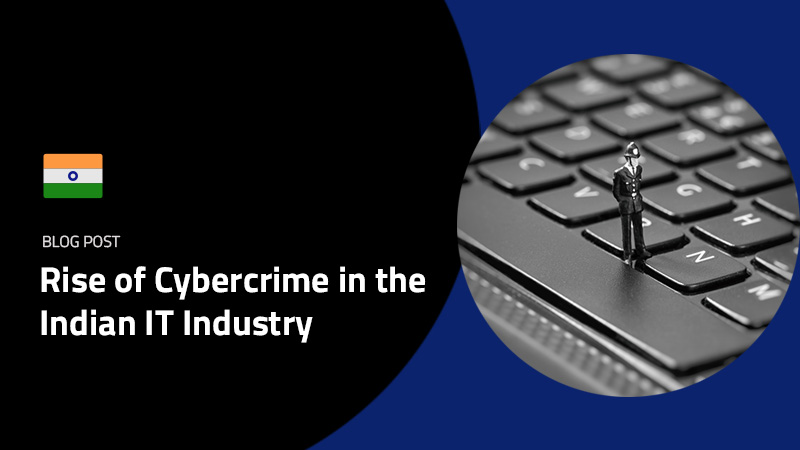If you’re in Singapore and you want to monitor your employees, you’re in luck. The law apparently allows you to keep an eye on workers in any way you choose.
“There is no explicit constitutional guarantee to the right of privacy in Singapore. Neither is there an overarching legislation that protects it. – Singapore Law Review“
It appears that even bathroom cameras are not banned. So employers have freedom to monitor their workers as they choose – and workers in Singapore should assume that they are always being watched.
That’s reinforced by Stella Tang, managing director of recruiting firm Robert Half International Singapore.
“When employees are allowed to surf the internet, they need to realise that their behaviour is likely to be monitored, so they should use the company’s internet in moderation,” Stella Tang, Robert Half International Singapore
In December 2014, Robert Half International surveyed 75 Chief Technology Officers (CTOs) and Chief Information Officers (CIOs) in Singapore. They asked, “How much of your employees’ online activity is spent on non-work-related sites such as social media, online shopping, travel sites?”
The answer: 9.32 percent.
How did they know? Simple. They pulled up reports from their monitoring software.
The uses of monitoring
More than half the companies surveyed said they monitored employee internet use. In addition, one in three use blocking to keep employees from browsing certain sites.
Tang said the bigger the firm, the more likely it is to monitor workers.
“Larger firms tend to have more controls in place, as they have more resources in their IT departments to establish policies and monitor employee activity,” Tang said. “Mid-sized firms may have more informal work environments, where the culture allows flexibility as long as the employee’s overall performance is acceptable.”
Why monitor?
Clearly, the goal of the Singapore businesses surveyed was to make sure workers weren’t spending too much time shopping online.
But employee monitoring also offers other benefits, such as:
- Data security
- Productivity tracking
- Malware defense
How do you feel about the idea of employee monitoring in Singapore? Leave us a comment below!






